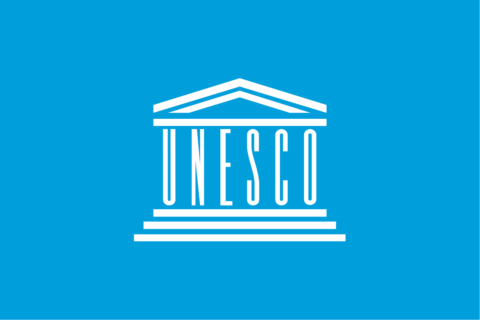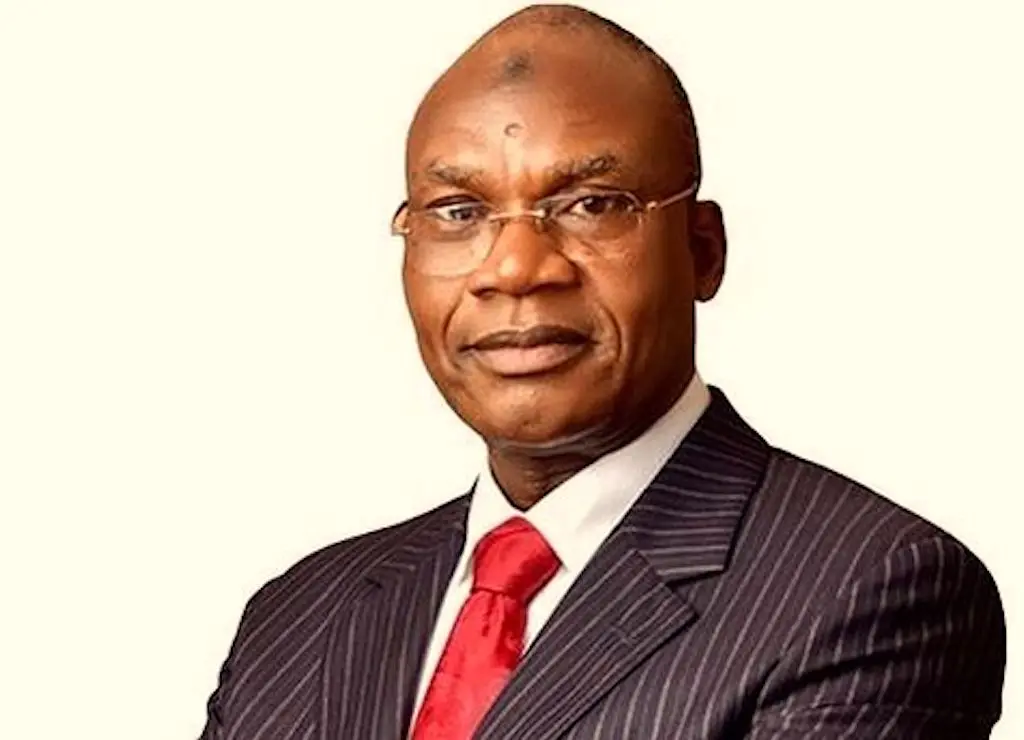Nigeria’s public primary education system is facing significant challenges, with a severe shortage of teachers being a major concern highlighted by recent reports from the Universal Basic Education Commission (UBEC). According to the 2022-2023 UBEC National Personnel Audit report, there is a staggering shortage of 194,876 teachers in public primary schools across the country. This shortage underscores the dire state of education at the primary level and the urgent need for intervention.
To address the critical shortage of teachers, immediate action is required from state governors. Recruiting qualified teachers should be prioritized to bridge the personnel gap and ensure that every child has access to quality education. Additionally, measures should be implemented to retain teachers in rural areas, where the lack of basic infrastructure often leads to high rates of migration.
Improving education infrastructure is essential for creating conducive learning environments in public primary schools. Governors must invest in building and equipping classrooms with the necessary facilities, including computers and educational materials. Learning under harsh conditions due to dilapidated buildings and lack of resources only exacerbates the challenges faced by students and teachers.
Nigeria can learn from successful education models, such as the Universal Primary Education scheme implemented in the Western State between 1979 and 1983. This program, which provided free tuition and quality books, prioritized teacher recognition and welfare. Embracing similar initiatives can help enhance the quality of education and motivate teachers to excel in their profession.
Despite the availability of funds from the Universal Basic Education Commission (UBEC), many states have failed to access these resources, exacerbating the challenges in the education sector. States must prioritize education funding and utilize UBEC funds effectively to improve primary education in their regions. Transparency and accountability in fund utilization are crucial to prevent corruption and ensure that resources are allocated efficiently.
The safety of students and teachers is paramount for promoting primary education in Nigeria. Security measures, including fencing school premises and providing adequate protection against terrorism, banditry, and abductions, are essential for creating a secure learning environment. By prioritizing security initiatives, states can instill confidence in both students and teachers and encourage school attendance.
Ensuring adequate remuneration and welfare benefits for teachers is essential for attracting and retaining qualified educators. Governors should advocate for improved teacher salaries and present bills to their state parliaments to implement enhanced welfare packages. Investing in teacher welfare is an investment in the future of education and the overall development of the nation.
Meaningful agitations and advocacy efforts by pressure groups in the education sector can play a pivotal role in driving positive change. By mobilizing stakeholders and raising awareness about the importance of addressing teacher shortage and improving education infrastructure, these groups can catalyze action and promote lasting reforms in Nigeria’s public primary education system.






